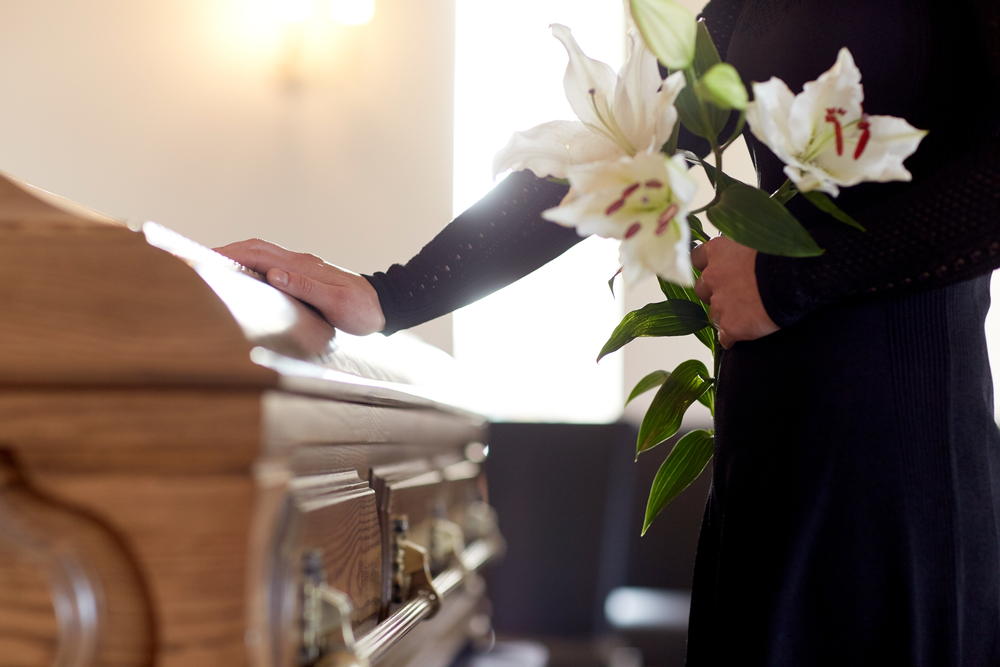Couples often depend on one another for everything from sexual intimacy to casual companionship. But over time, this reliance on one another can leave you feeling lonely together. Even if you identify your spouse as your “soulmate” that doesn’t mean they should be your sole companion. When your spouse is not enough, you need to develop stronger companionship and support so you can feel connected, loved, and supported, and know you are not alone.
Loneliness Doesn’t Always Mean Being Alone
Loneliness is a feeling most associated with being single. It can happen to young adults who struggle with dating, divorced adults who find themselves without a life partner, or seniors who outlive their spouses. Being lonely is almost expected in these situations because, for whatever reason, you have found yourself without a partner to provide you with comfort, connection, and support. But loneliness isn’t the same as being alone.
Get Help with Loneliness in Your Marriage
Talk to a psychotherapist about loneliness in your relationship today.
Many spouses find they are lonely together. One study by AARP (completed before the pandemic, which brought its own issues of loneliness and isolation), found that nearly 1/3 of all married people over age 45 feels lonely, even though they are in a relationship. Despite being in a stable relationship, they may feel isolated, disconnected, and alone.
Solitude vs Loneliness in Relationships
It is important to distinguish between feeling lonely from experiencing solitude. It is appropriate and important for people in relationships to have time alone, away from their spouse. Some people may need more time alone than others to recharge their energy and reset their mood, especially after an argument. Feeling a need for solitude, or time away from your spouse, is not the same as feeling lonely. While both can sometimes signal trouble in your relationship, the need for solitude, by itself, is not a bad thing.
Couples can also find comfort in going away and experiencing solitude together. This may mean going on date nights, watching movies together at home, or even taking trips together. Many couples find this kind of dedicated time together to be healing and to improve intimacy. But this kind of solitude isn’t the same as being lonely in your marriage.
What it Means if Your Feel Lonely Together
If you feel lonely in your marriage, you may feel distant or disconnected from your partner. Perhaps you feel that your concerns go unheard, or your needs are unmet. You may also feel unloved or unsupported. This isn’t uncommon. In fact, in many couples, both spouses feel lonely at the same time, which can be an initial sign of problems in the relationship. If left unchecked, these feelings can create relational problems that only push couples further apart.
How to Quit Being Lonely Together
If one or both spouses feels lonely in your marriage, there is a good chance it is because they have some needs that aren’t being met. This could mean anything from a simple lack of communication to a lack of sexual intimacy. As with many relationship problems, the solution begins by looking inward, rather than pointing blame at your spouse. Even if your partner is not immediately receptive to therapy, there are things you can do to combat loneliness and better understand what it is about your current relationship that is letting you down.
If you are feeling lonely in your relationship, it is important to take the time to identify what is making you feel this way. Remember, this isn’t a time for blame. Instead, it is marking out the fenceposts that you can use to measure what makes you unhappy, and when those feelings have resolved. Ask yourself:
- Do you feel like you are responsible for more than your share of household obligations?
- Are your physical needs going unmet?
- Are there specific activities you want to engage in but feel unable to do so?
- Are there things you feel you can’t discuss with your partner?
- Do you feel empty or lack joy around your partner?
- Are you afraid of what the end of the relationship would mean for you?
- Do you have strong connections with friends other than your spouse?
- Are there outside factors (like a death in the family) that are making you feel the way you do?
A couple’s therapist can guide you and your spouse through introspective exercises that will help you find the source of your lonely feelings. Then working individually or together with your spouse, you can identify strategies and methods to address those sources of loneliness, whether that means making better use of your time together, building in more time apart, or building a broader support network of friends and confidants. Finding ways to confront your loneliness is important to building a strong relationship that will make you and your spouse feel supported and loved.
David Stanislaw is a psychotherapist with over 30 years of experience who helps individuals and couples learn strategies for addressing chronic loneliness. Contact David Stanislaw to get help today.


 Breaking the Cycle: Healthy Parenting Tips for PTSD Survivors
Breaking the Cycle: Healthy Parenting Tips for PTSD Survivors How Bereavement Counseling Helps with Loss
How Bereavement Counseling Helps with Loss Long-Distance Relationships and Loneliness
Long-Distance Relationships and Loneliness